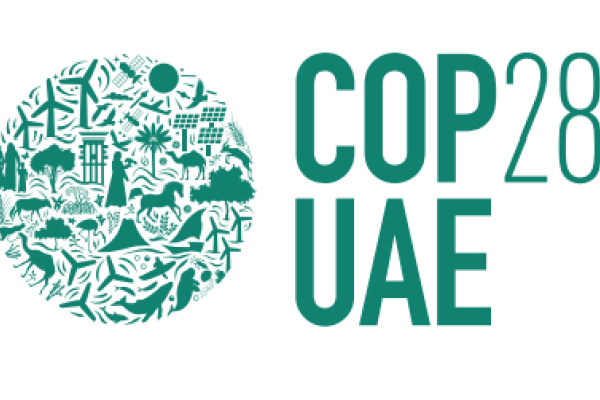COP28: Charting the Course for Global Climate Action

The 28th Conference of the Parties (COP28) to the United Nations Framework Convention on Climate Change (UNFCCC) is scheduled for November 30 to December 12 at Expo City Dubai in the United Arab Emarates. As the most significant global effort to combat climate change, this annual gathering, hosted by the United Nations, brings together nearly 200 countries.
The UNFCCC secretariat was established in 1992. Its initial focus was on facilitating intergovernmental climate change negotiations. However, today, the secretariat plays a crucial role in supporting the implementation of critical environmental treaties such as the Kyoto Protocol and the Paris Agreement.
The Kyoto Protocol was established in 1997 at COP3 in Kyoto, Japan, when 'developed' countries committed to limit and reduce greenhouse gas emissions.
The Paris Agreement was a milestone achieved at COP21 in 2015. Under this agreement, the world committed to limiting global warming to 1.5°C compared to pre-industrial levels by 2050, a target critical in preventing further degradation and avoiding potentially irreversible consequences. To remain on track, science dictates that emissions must be halved by 2030, leaving us with just seven years to meet this ambitious goal.
COP28 represents a critical juncture to rethink, reboot, and refocus the climate agenda. The conference will host over 70,000 delegates, including heads of state, world leaders, and representatives from various organizations. These participants will engage in discussions and negotiations to build consensus and facilitate progress on climate action.
COP28 features two distinct areas: the Blue and Green Zones. The Blue Zone, reserved for UNFCCC-accredited individuals, is where official negotiations and high-level talks occur. In contrast, the Green Zone is open to everyone and features a variety of events, such as conferences, panel discussions, and presentations, aligned with thematic days.
This year's COP28 is particularly significant as it marks the conclusion of the first Global Stocktake (GST) since the Paris Agreement. The GST, as outlined in Article 14 of the Paris Agreement, is a systematic process for nations and stakeholders to assess collective progress in achieving the agreement's objectives. The results of this GST will inform decisions at COP28 and can be leveraged to accelerate ambition in the next round of climate action plans due in 2025.
In preparation for COP28, the UN Climate Change organized four regional climate weeks throughout 2023, the last of which is Asia-Pacific Climate Week, taking place this week in Malaysia, culminating in the first Global Stocktake. These events have been instrumental in charting the course for fulfilling the Paris Agreement's key goals. As the world converges at Expo City Dubai, COP28 represents the world's collective commitment to address the urgent challenge of climate change.
For those interested in learning more about COP28 and accessing schedules and public webcasts, the official websites cop28.com and unfccc.int/cop28#schedules-and-public-webcast offer comprehensive information and resources.
